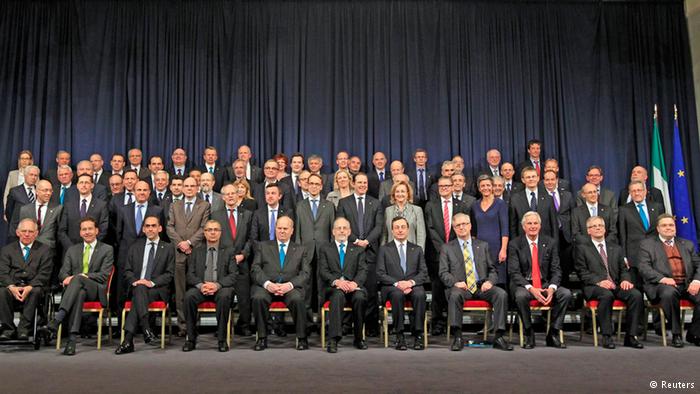After the lapse of the silence procedure Monday night, EU finance ministers agreed on new EU anti-tax avoidance legislation (ATAD). The measures included in the final compromise of the Dutch presidency are far behind the proposals of the European Commission which were watered down by Member States in the last months. In some important points the new compromise proposal is even weaker than OECD’s BEPS (base erosion and profit shifting) package already agreed by the G20. In tax matters, the Council adopts legislation by unanimity. The European Parliament can only send its opinion.
MEP Sven Giegold, financial and economic policy spokesperson of the Greens/EFA group, commented:
„This bad deal is a shame for the Netherlands. Contrary to Luxembourg, the Dutch government has not shown any serious effort during its presidency to leave behind the image as tax haven in the core of the European Union.
The directive against tax avoidance does not live up to the promise of its name. An already limited proposal from the European Commission has been further weakened by EU finance ministers. In some important points, the ATAD compromise proposal is even weaker than the decision of the G20 against tax avoidance (“BEPS”). By this, the European Union is inviting other countries like the United States to transpose BEPS in an equally insufficient way. The avoidance rules for controlled foreign companies (CFC) shall only apply to the home state of the parent company. The limitation on interest deduction shall not include loans already granted. This shows EU governments are not taking the problem seriously.
One step forward compared to BEPS would have been the introduction of a “switchover clause” which ensures that funds entering the EU from tax havens have been properly taxed before moving freely into the internal market. However, Malta, the United Kingdom, Sweden, Cyprus, Latvia, Poland, Ireland and Estonia succeeded in getting rid of this provision.
Malta, Belgium, Austria, Slovenia and Lithuania together hindered that strict rules for the limitation of the deduction of interest from intra-group loans enter into force before 2019. The Commission had proposed binding rules becoming effective already one year ahead in 2018. Countries which already have “equivalent” rules in place even have time until 2024 to adapt their national laws.
However, also Germany and France are responsible for the failure of today’s negotiations as they did not manage to convince the other countries to accept the necessity of immediate and practical measures. Smaller Member States such as Malta and Belgium tweak the nose of German’s finance minister Wolfgang Schäuble who inactively watches tax dumping going on right in his own backyard. CFC rules as badly written as in ATAD and BEPS allow that subsidiaries do not need ‚commensurate‘ staff or equipment. 1 person, 1 desk, 1 computer could be enough to justify substantive economic activity.
At Friday’s ECOFIN Member States accepted that France and the Netherlands are undermining last year’s agreement on patent boxes. Both social democratic finance ministers don’t want to make their tax advantages granted to MNCs compliant with international and European arrangements in time (“modified nexus approach”).”
Comparison of BEPS recommendations versus ATAD final compromise as of 17 June 2016:
https://sven-giegold.de/wp-content/uploads/2016/06/Comparison-BEPS-vs-ATAD.pdf
Detailed briefing of the Greens/EFA on the state of play of the Anti-tax-avoidance directive as of 13 June 2016:
https://sven-giegold.de/briefing-on-atad-as-of-13-june-2016/
EU Commission’s draft proposal from 28 January 2016:
http://eur-lex.europa.eu/legal-content/de/TXT/PDF/?uri=CELEX:52016PC0026&from=EN
Compromise proposal of the Dutch Presidency as of 13 June 2016:
http://data.consilium.europa.eu/doc/document/ST-10039-2016-INIT/en/pdf
Final compromise of the Dutch Presidency as of 17 June 2016:
http://data.consilium.europa.eu/doc/document/ST-10426-2016-INIT/en/pdf
Code of Conduct Council Conclusions as of 17 June 2016:
http://data.consilium.europa.eu/doc/document/ST-10459-2016-INIT/en/pdf

